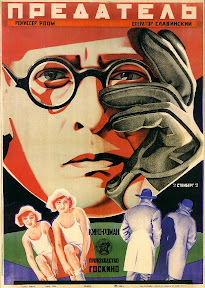Foucault takes Merleau-Ponty's essential philosophical task as his own, making a beautiful treatise on academic work and literal self-consciousness in thought:
"Never to consent to being completely comfortable with one's own presuppositions. Never to let them fall preacefully asleep, but also never to believe that a new fact will suffice to overturn them; never to imagine that one can change them like arbitrary axioms, remembering that in order to give them the necessary mobility one must have a distant view, but also look at what is nearby and all around oneself. To be very mindful that everything one perceives is evident only against a familiar and little-known horizon, that every certainty is sure only through the support of a ground that is always unexplored. The most fragile instant has its roots. In that lesson, there is a whole ethic of sleepless evidence that does not rule out, far from it, a rigorous economy of the True and the False; but that is not the whole story."
--Foucault, For an Ethic of Discomfort
In my studies of Foucault thus far (the never ending quest and digestion of his thought, the rotation and rearticulation of all points), this passage is one of the most meaningful in light of his work. At the beginning of the essay, he encounters the question asked in a German journal: "What is Enlightenment." Kant responds, but Foucault sees the question more important than the answer. For him, the question implies a sort of self-consciousness that manages to rupture the Enlightenment simply by calling it into question; there are no static periods of time, only fluid movements of thoughts and discourses which, when called into question, double back on themselves and analyze, reinterpret, and rearticulate towards a horizon of distance. The question is an important thing in life -- the self and the public or society -- because it asks for reexamination, and thus an understanding that we are located in an infinite continuum where our beliefs and practices constantly change around us. We must ground ourselves in the middle of the stream in order to understand its current.
Subscribe to:
Post Comments (Atom)


No comments:
Post a Comment